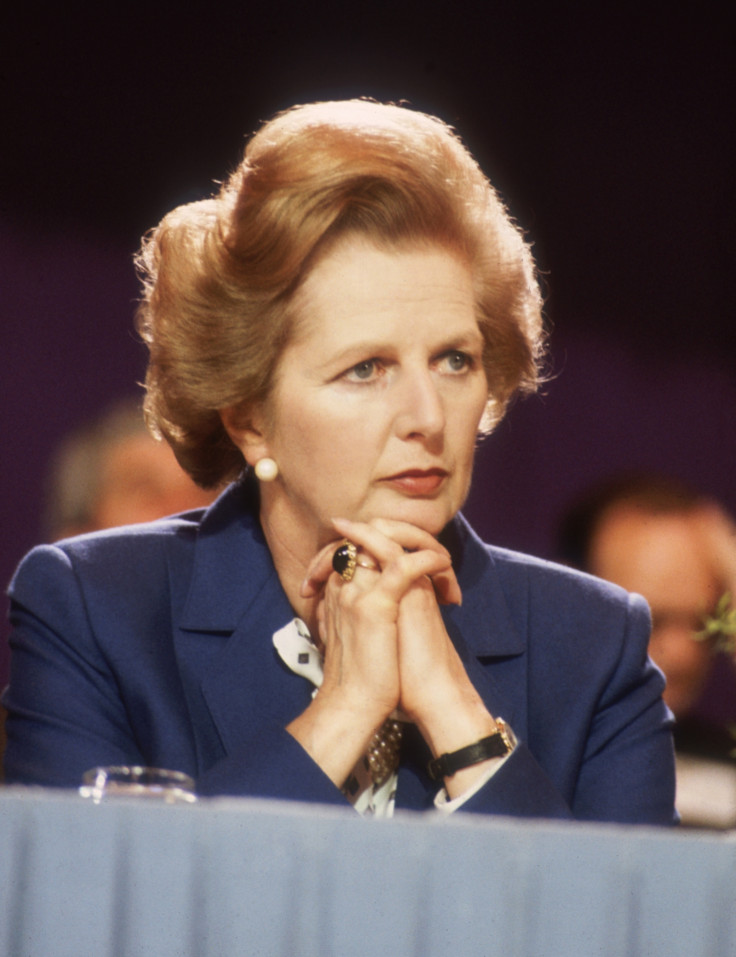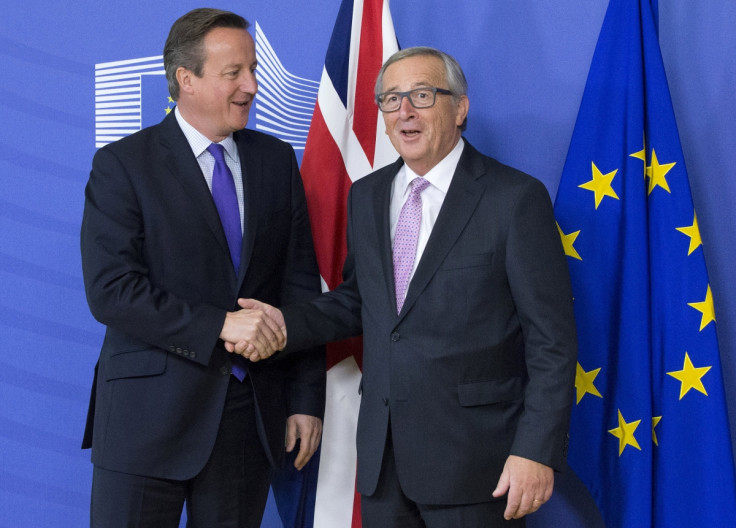William Keegan: David Cameron's EU referendum raises spectre of Thatcher-era euroscepticism
Much attention has been focused in recent weeks on the travails of the Labour Party but my suspicion is that we have seen nothing yet of the troubles and potential divisions in the government. There is something about Europe that from time to time convulses the Conservative Party, and I sense many a convulsion ahead.
First, some recapitulation. Having decided that the continental Europeans were more successful at running their economies than Britain in the 1950s and early 1960s, successive British governments tried their utmost to join what was then called the European Economic Community (EEC) but were rebuffed several times, principally because of French hostility to "perfidious Albion". We were eventually allowed to join in 1973, not least because the prime minister at the time, Sir Edward Heath, had developed a good relationship with President Pompidou of France.

We did not join the European exchange mechanism (ERM) in 1979. There was much agonising in 1978-79 in preparatory negotiations, but the death earlier in October of Denis Healey, Labour chancellor of the exchequer at the time, has brought back to mind a crucial moment when it dawned on Healey that the ERM was a trap.
What Healey learned in 1978 from a senior German negotiator, state secretary Manfred Lahnstein, was that the ERM was designed to prevent an overvaluation of the Deutsche mark "thus keeping Germany more competitive and other countries less so". That candid revelation was enough to bring the previously agnostic Healey down on one side of the argument.
By coincidence, Healey published his memoirs The Time Of My Life in 1989, when prime minister Margaret Thatcher was being pressed by her more pro-European cabinet colleagues to put the pound into the ERM.
Now, although I opposed the Thatcher government on many economic issues, I think her early instincts about the ERM - strongly reinforced by her economic adviser Sir Alan Walters - were right. She eventually supported the pound's entry in 1990, but the short-lived experiment ended in tears in 1992, when the pound was forced out of the ERM on what became known as Black Wednesday, on 16 September.
Meanwhile, her earlier opposition to ERM entry had led to the resignations of both her chancellor Nigel Lawson and the man who who been a faithful and long-suffering colleague as, first chancellor and then foreign secretary, Sir Geoffrey Howe. Thatcher was becoming increasingly unpopular with her colleagues.
The last straw for them and the electorate was her plan for a widely opposed poll tax in local government. The best comment on this came from the one and only Donald Trump, who observed that under the poll tax, the rich man in his castle would be paying the same as the poor man at his gate.

Just as the issue of Europe contributed to the demise of Thatcher, so it dominated the premiership of successor John Major, in the sense that he was continually being undermined by the Thatcherite eurosceptics within the Parliamentary Party - several prominent ones being inside the cabinet itself.
Well, here we go again: to put it bluntly, Prime Minister David Cameron's place in history will hang on the outcome of the promised referendum about Britain's continued membership of the European Union.
While there has been much attention devoted in recent weeks to the divisions in the Labour Party under its new leader, Jeremy Corbyn, the divisions in the Conservative Party over the EU are so deep that the triumphalism that followed the May election victory, which was reinforced by the rise of the left-wing Corbyn, may soon be forgotten.
William Keegan is a journalist, academic, and the senior economics commentator at The Observer. He has published his latest work – Mr Osborne's Economic Experiment - Austerity 1945-51 and 2010 (published by Searching Finance).
© Copyright IBTimes 2025. All rights reserved.






















